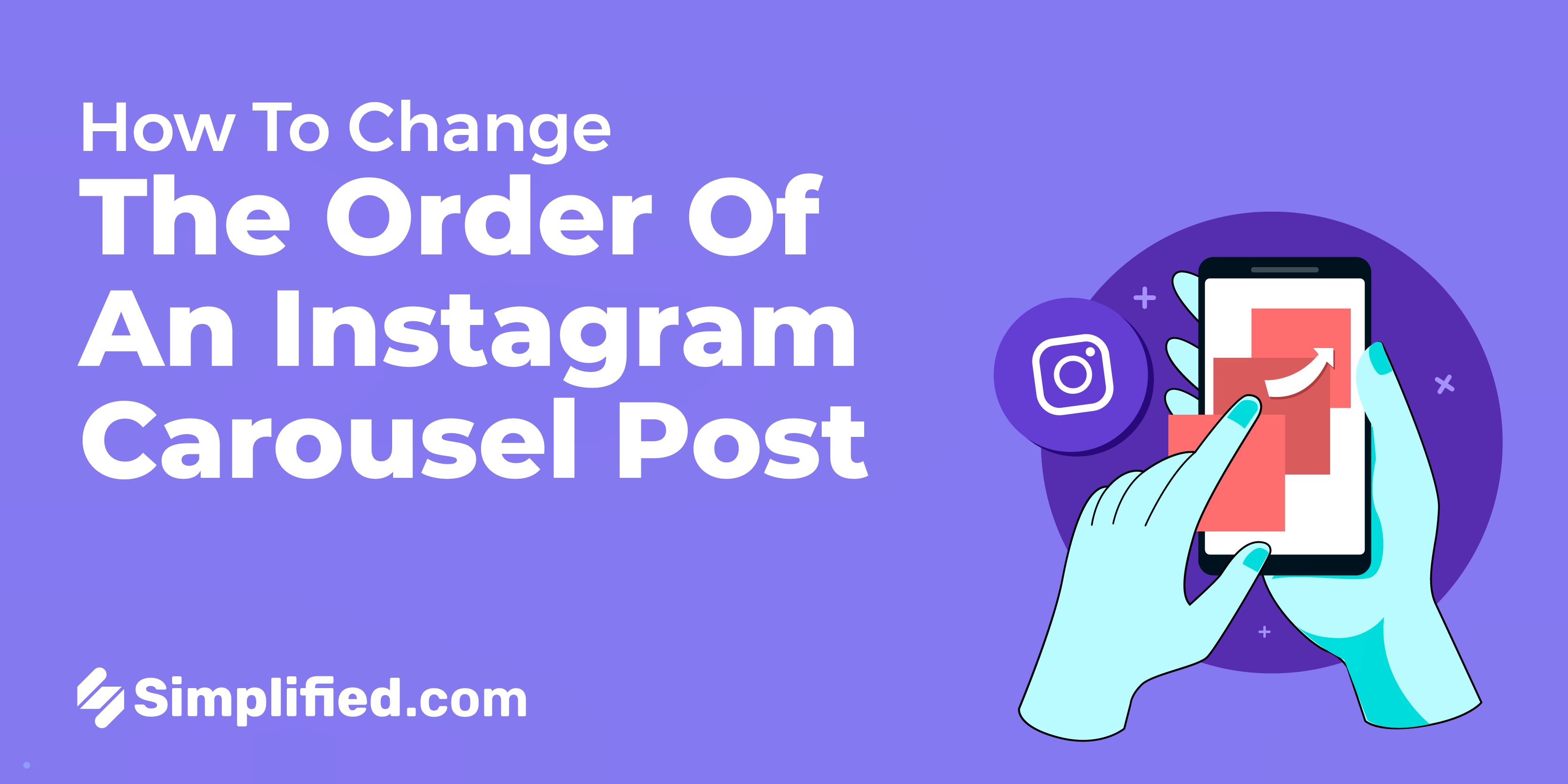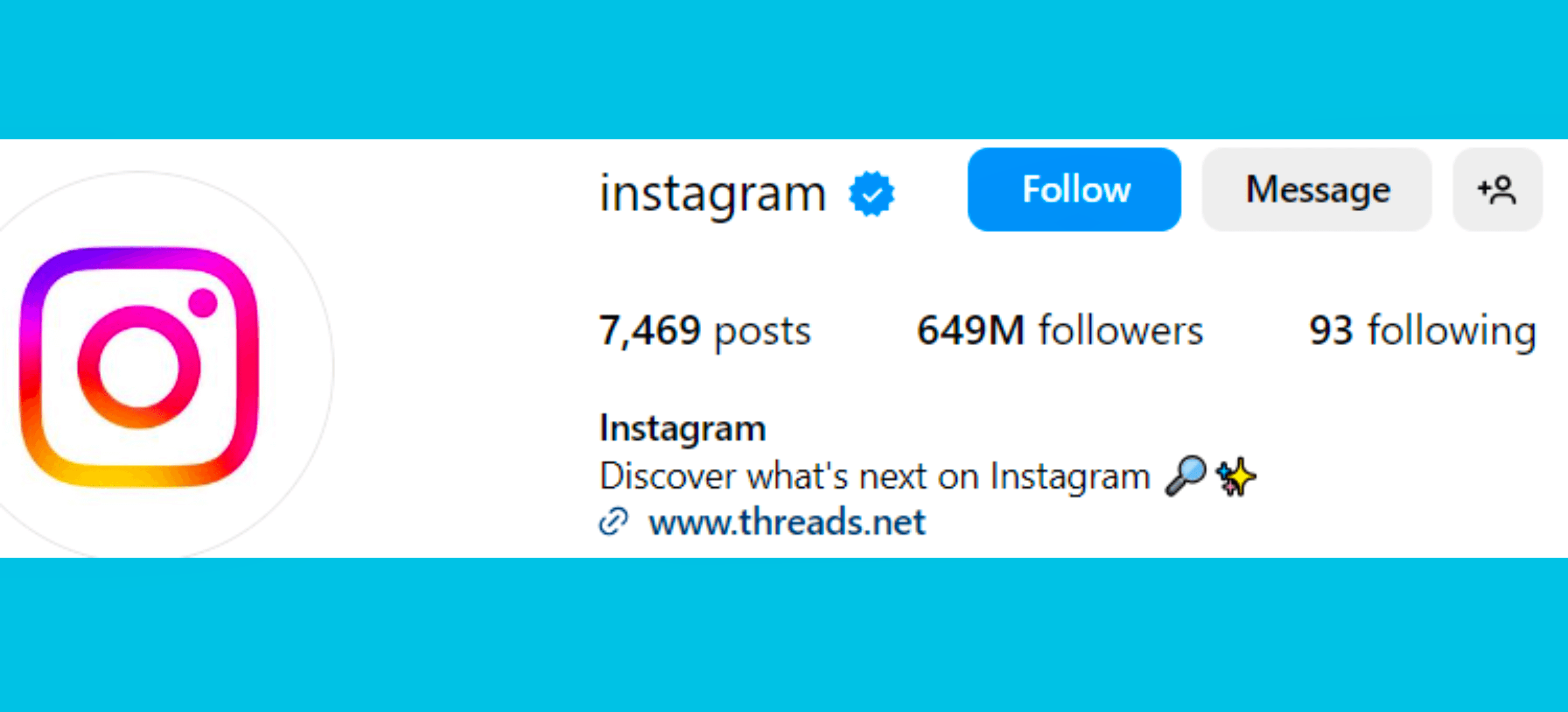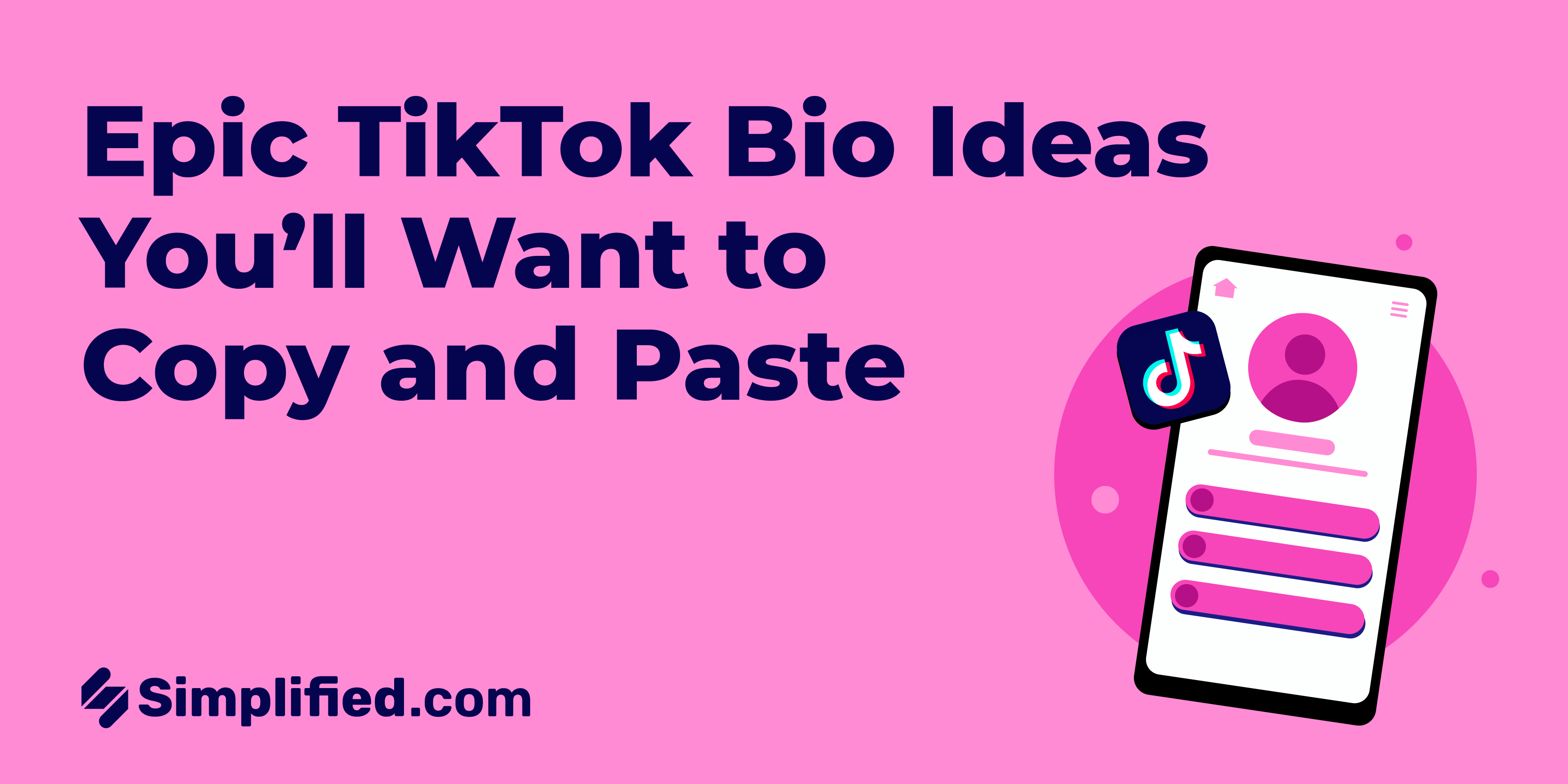Understanding the nuances of social media language is crucial in navigating the digital landscape. One such term that has gained prominence is "Callout Culture." Let's delve into its meaning, impact on social media, and where it is most often used.
What is Callout Culture?
Defining the Term: "Callout Culture" refers to the practice of publicly drawing attention to perceived wrongdoings or controversial actions, often on social media platforms. It involves holding individuals, organizations, or public figures accountable for their behavior.
Meaning of Callout Culture:
In essence, Callout Culture serves as a mechanism for social accountability, allowing users to highlight and criticize actions they find objectionable. It has become a prevalent aspect of online discourse, shaping conversations and dynamics within digital communities.
Callout Culture on Social Media:
The Role it Plays: Callout Culture has become a significant force in shaping public opinion and discourse on social media. Users utilize platforms to bring attention to issues, promote accountability, and advocate for change.
Impact on Online Interactions: While Callout Culture can contribute to raising awareness and fostering accountability, it also comes with challenges. Public callouts may lead to online shaming, polarization, and potential negative consequences for the individuals involved.
Where is "Callout Culture" Most Often Used?
Context on Social Media Platforms: "Callout Culture" is most frequently employed on Twitter, a platform known for its real-time discussions and quick dissemination of information. The brevity of tweets makes it a preferred space for users to call out and address various issues promptly.
Why Twitter?
Twitter's fast-paced nature and hashtag trends make it a suitable platform for users to initiate and participate in callouts effectively. The platform's structure facilitates the rapid spread of information and the amplification of voices.
In the ever-evolving landscape of social media, understanding terms like "Callout Culture" is essential. Navigating the complexities of this practice involves recognizing its impact, both positive and challenging, on digital discourse. As we engage in online conversations, being aware of the dynamics of Callout Culture helps foster a more informed and responsible online community.
.webp)













